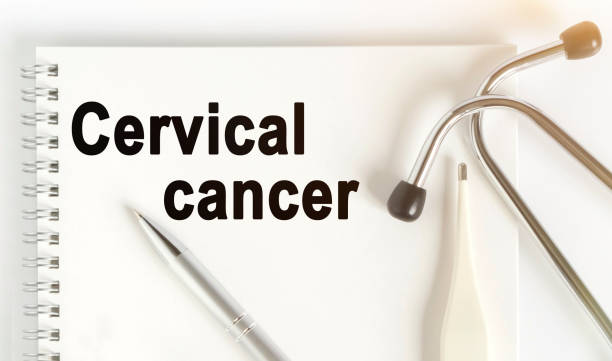Cervical cancer cannot be prevented through lifestyle choices alone. This is why preventive care, such as HPV vaccination and regular screening, is so important. These steps help lower risks, allow early detection, and give women a stronger chance of avoiding advanced disease.
Thanks to medical advances, a vaccine now exists that can protect against the virus most often linked to cervical cancer. Naturally, the question many people ask is: at what age should this vaccine be given?
The timing of the cervical cancer vaccine can sometimes feel uncertain. However, in Singapore, clear guidelines help parents and young adults understand when protection should begin, making the decision less overwhelming.
Why Age Matters
Protecting During Early Years
When it comes to vaccines, timing is everything. Doctors often recommend giving the cervical cancer vaccine at a young age, even before teenagers become sexually active. This is because the vaccine is at its most effective when the body has not yet been exposed to the human papillomavirus, which is the main cause of cervical cancer.
Parents might feel surprised that the age recommended is often around 9 to 13 years old. It can seem young, but this is exactly the time the body builds the strongest response to the vaccine. Just as children get other vaccinations during school years, their immune systems are particularly quick to learn and remember how to fight off the virus.
Building Long-Term Protection
Another important reason for giving the vaccine early is that it creates long-term immunity. Studies have shown that children who receive the vaccine in their preteen years have stronger protection that lasts into adulthood. This means the body is ready and prepared, potentially for decades to come.
It is also worth mentioning that as the immune system begins to slow down in adolescence or early adulthood, the vaccine might not produce as powerful a shield. Administering it at a younger age ensures a head start and avoids the gap where protection could be less effective.
Removing Worry Before Exposure
The other major reason for timing is peace of mind. Adolescence comes with enough challenges for both children and parents. By vaccinating early, families can remove one future health concern from the long list of worries. It allows children to grow into adulthood already protected, without lingering anxieties about whether they waited too long or missed the best window of opportunity.
How Doctors Guide Families
Following Global and Local Recommendations
Doctors in many countries have aligned their advice to make guidelines simple and reassuring. In most cases, global health organizations recommend that the vaccine be given between the ages of 9 and 14. In Singapore, this advice is followed closely, and the vaccine is included in many school health programs.
By standardizing these recommendations, families can feel reassured that the guidance is backed by years of research and worldwide consensus. Parents also find comfort in knowing that they are not alone in their healthcare decisions.
Understanding Catch-Up Vaccination
Not every child receives the vaccine at the recommended age. Sometimes families only learn about it later, or schedules do not align. The good news is that doctors also provide “catch-up” vaccination for teenagers or young adults up to their mid-twenties.
Though the vaccine works best in the early years, it can still offer valuable protection later on, especially for those who may not have yet been exposed to the virus. Doctors encourage open conversations and reassure individuals that it is worth getting the vaccine at almost any stage before significant exposure.
Putting It All Together
Timing plays the most important role when it comes to the cervical cancer vaccine. Given around ages 9 to 14, it provides the strongest, longest-lasting protection and removes future risks before they even arise. Doctors in Singapore and around the world continue to encourage these early years as the best opportunity for prevention, while also offering flexible options for those who need catch-up doses.
For families and young adults, the decision is not always about statistics or guidelines but about peace of mind. Making that choice early, guided by trusted medical advice, can ease years of worry and provide confidence that preventive health measures are already in place.

